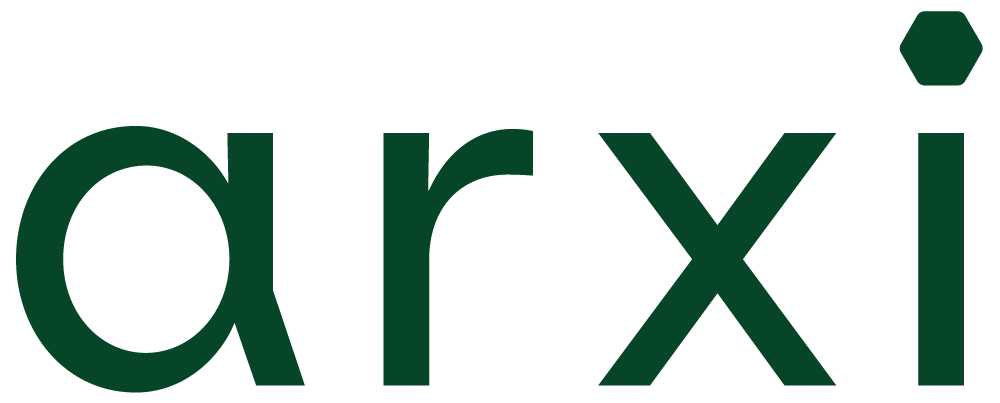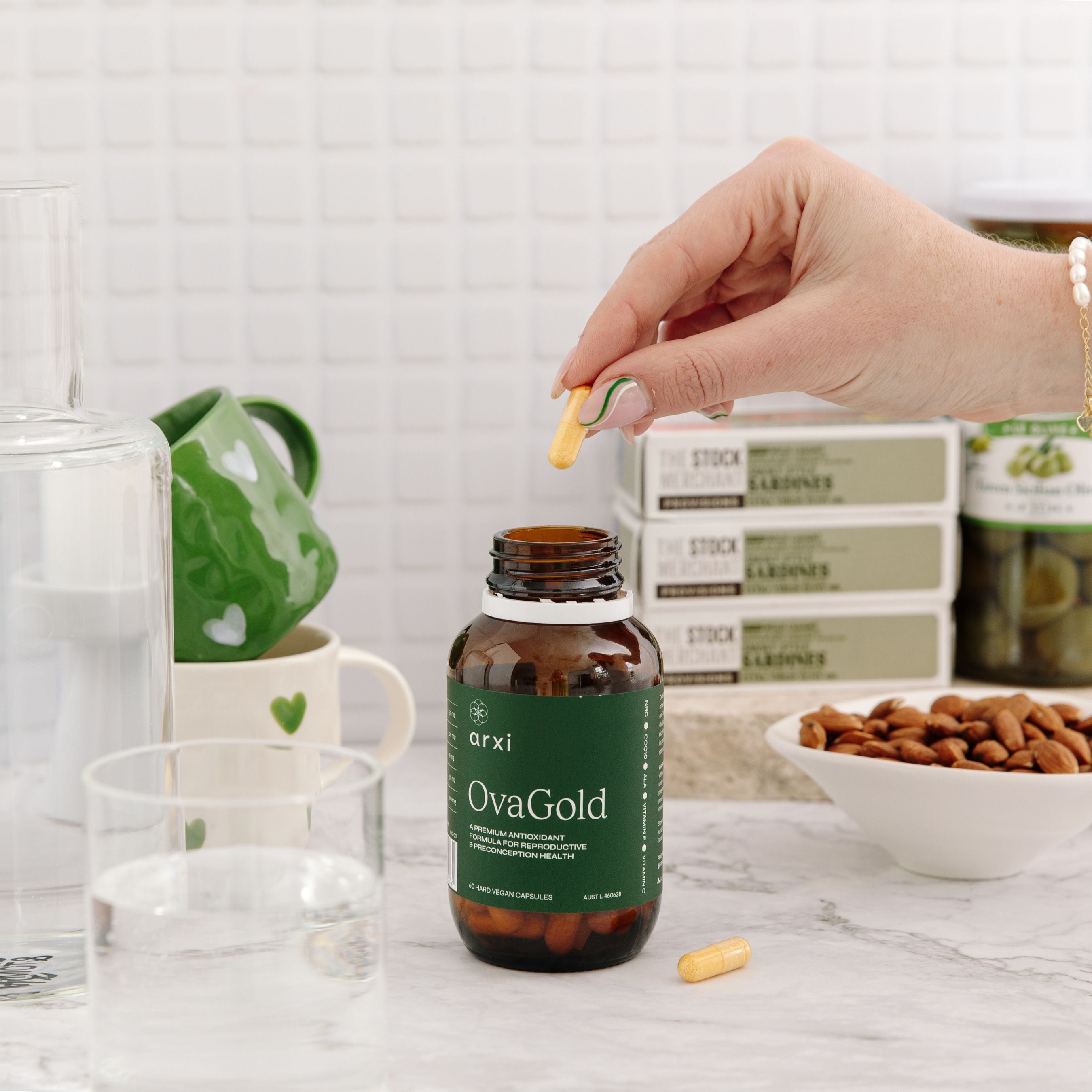Can I Take OvaGold When Breastfeeding?
 Naturally, as the age of first time parents, particularly mothers, increases it often means thinking about adding to your family before you finish breastfeeding your most recent addition. This is especially true for those who experienced a delay to conceiving their previous child and know that it could be a while yet before another comes along, or perhaps those families who desire a closer age gap, or because of the pressure of ageing gametes (that’s your sperm and eggs).
Naturally, as the age of first time parents, particularly mothers, increases it often means thinking about adding to your family before you finish breastfeeding your most recent addition. This is especially true for those who experienced a delay to conceiving their previous child and know that it could be a while yet before another comes along, or perhaps those families who desire a closer age gap, or because of the pressure of ageing gametes (that’s your sperm and eggs).
We start to think about the overlap of preparing for conception and breastfeeding and the unique requirements, needs and considerations including supplement safety.

So, here’s what you need to know about OvaGold, its ingredients, safety considerations during breastfeeding, and how it supports your journey to conception.
Why OvaGold Isn’t Recommended During Breastfeeding
OvaGold is not recommended for use in pregnancy or breastfeeding.
OvaGold is purpose-built to optimise before pregnancy, focusing on providing critical antioxidants to support reproductive health
Here’s why...
OvaGold is intentionally designed for pre-pregnancy
OvaGold’s formulation targets pre-pregnancy goals like protecting reproductive cells from free radical damage with the unique multi-antioxidant blend and supporting energy production through mitochondrial function.
While breastfeeding, nutritional needs shift to focus on milk production and postpartum recovery, requiring different nutrients.
NAD+ Precursors and Safety in Breastfeeding
Each capsule of OvaGold contains 150 mg of Nicotinamide Riboside Chloride (NRC), a form of NAD+ precursor.
With a daily dose of two capsules recommended for OvaGold, this exceeds 230 mg per day, which is considered the upper safety limit for pregnancy in the absence of sufficient clinical data. A recent panel from the European Food Safety Authority (EFSA) emphasised caution during these phases of life (EFSA Panel on Nutrition, Novel Foods and Food Allergens (NDA) et al., 2021).
Given the limited data on the safety of this ingredient during pregnancy or breastfeeding, the recommendation is to pause OvaGold during pregnancy & breastfeeding.
So, while OvaGold is your preconception powerhouse, it’s best to set it aside while breastfeeding and return to it when you're ready to prepare for conception again.
What Makes OvaGold Unique? A Breakdown of Ingredients
OvaGold stands out because of its intentional and science-backed formulation. Each ingredient is chosen to support optimal egg quality and reproductive health.
Coenzyme Q10 (CoQ10)
Role: Supports mitochondrial energy production and protects cells from oxidative damage.
Benefits: Vital for egg quality as mitochondria power the energy-intensive process of ovulation and early embryo development.
Research: CoQ10 supplementation has shown promise in improving ovarian reserve and response in assisted reproductive techniques (ART) such as IVF (Zhang et al., 2023, Lin et al., 2024).
NAD+ Precursor (Nicotinamide Riboside Chloride)
Role: Enhances cellular energy metabolism and combats age-related fertility decline.
Benefits: Helps replenish NAD+ levels, which naturally decrease with age, potentially impacting egg health (Covarrubias et al., 2021; Liang et al., 2023).
Research: While preclinical studies suggest fertility benefits, the absence of robust clinical trials in pregnancy or breastfeeding highlights the need for caution during these stages of life (Podolak, Woclawek-Potocka, Lukaszuk, 2022; Bertoldo et al., 2020).
Alpha Lipoic Acid (ALA)
Role: Acts as a potent antioxidant and supports mitochondrial health.
Benefits: Protects eggs from oxidative stress and improves overall cellular function. ALA also regenerates vitamins E & C, two other important antioxidants also found in the OvaGold formula.
Research: Shown to reduce oxidative damage in ovarian tissues, contributing to improved egg health and embryo quality in those undergoing IVF (Agarwal et al., 2005; Kim et al., 2017).
Vitamin E
Role: A fat-soluble antioxidant that protects cell membranes from damage.
Benefits: Essential for maintaining cell membrane integrity surrounding the egg and reducing oxidative stress (Bahadori et al., 2017; Chen et al., 2020).
Research: Studies link Vitamin E supplementation to improved fertility markers.
Vitamin C
Role: Boosts collagen production and acts as an antioxidant and supports healthy immune function.
Benefits: Supports hormone production, specifically progesterone, and protects eggs from free radical damage (Henmi et al., 2003; Ruder et al., 2008).
Research: Shown to improve hormonal profile in the luteal phase and overall fertility outcomes.
Breastfeeding and Supplements: What’s Safe?
Breastfeeding demands specific nutrients for milk production and your own health postnatally. While some supplements are safe, like specifically-designed prenatal and postnatal vitamins, formulations like OvaGold do not meet these needs.

For breastfeeding mothers, consider a supplement plan that contains:
Iodine: a critical mineral to support healthy thyroid function for mother and baby. Many people are surprised to learn that iodine requirements increase from 220 mcg per day in pregnancy to 270 mcg per day (NHMRC).
Choline: a semi-essential vitamin-like nutrient researched for its ability to support baby’s cognitive development through breastmilk (Wu et al., 2023)
DHA: a long-chain omega-3 fatty acid found in oily fish like salmon, ocean trout, mackerel, sardines & anchovies to help support baby’s brain development, alongside choline (Lassek et al., 2015).
Folate: not just a pregnancy B vitamin, folate requirements are not quite as high as pregnancy but still remain higher than preconception (NHMRC). Folic acid whilst famed for its neutral tube defect preventing benefits is also crucial for DNA synthesis and cell division.
B Vitamins: specifically vitamin B6 and B12 you may need more of than you did before baby, to help support energy production because breastfeeding demands more energy than growing a baby! (NHMRC; NHMRC)
Vitamin C: demands are higher than both preconception and pregnancy to account for baby’s vitamin C needs (NHMRC).
Zinc: whilst zinc requirements aren’t higher than pregnancy, you may want to choose a postnatal vitamin with some zinc to support post-birth healing if you experienced any tearing in birth or C-section.
Vitamin D: whilst the transfer of vitamin D from mother to baby via breastmilk is thought to be a little less efficient compared to other nutrients (Við Streym et al., 2016), optimising your vitamin D status for your own immune and hormone function as well as supporting the baby is crucial.
Probiotics: research has shown that probiotics whilst breastfeeding can help promote a favourable breastmilk microbiome which may help to reduce the risk of eczema in infants with a high risk of developing eczema and allergies (Wickens et al., 2018).
You may also need additional iron if you’re iron deficient postpartum after the huge demands of pregnancy when your blood volume rapidly expands as well as any blood losses that occurred with birth or postnatally.
Breastfeeding is a time of lower iron demands whilst you’re not getting a period, and it presents as a great opportunity to “catch up” if you’re behind on iron, especially if you’re thinking about preparing for another pregnancy soon.
As always, consult your health care provider before introducing or changing any supplements into your routine.
Navigating How to Prepare for Conception While Breastfeeding
Like we mentioned earlier, for many, breastfeeding and planning for another baby can overlap, creating a unique set of challenges and opportunities. Understanding how breastfeeding influences your fertility is key to preparing for conception when you’re still breastfeeding.
The Biology: How Prolactin Suppresses Ovulation
Breastfeeding triggers the release of the milk-producing hormone, prolactin. While essential for lactation, prolactin can suppress ovulation by interfering with the secretion of gonadotropin-releasing hormone (GnRH).
GnRH is needed to stimulate the production of follicle-stimulating hormone (FSH) and luteinizing hormone (LH), which drive ovulation. Without these signals, your ovaries remain in a resting state, delaying the return of menstruation and ovulation (Gross & Eastman, 2011).

This natural suppression is why breastfeeding can sometimes act as a form of contraception, though its effectiveness varies based on factors like feeding frequency and your individual biology, so definitely don’t rely on breastfeeding as your only contraceptive!
This is your body’s way of conserving energy to ensure that your baby is getting enough breastmilk and preventing you from becoming depleted in nutrients and energy if you were to become pregnant again whilst breastfeeding.
When Will I Start Ovulating And Getting My Period After Birth?
Getting back both ovulation and menstruation while breastfeeding is highly individualised - no, there isn't a simple answer here! But, here are some common scenarios and why they happen.
1. Exclusively Breastfeeding Mothers:
Ovulation often remains suppressed as long as your baby is feeding frequently, especially during the night. Some people may begin to ovulate again even whilst exclusively breastfeeding day and night, this is extraordinarily individual and can be difficult to predict.
The reason for delays in reinstating ovulation & menstruation is because prolactin levels stay elevated with frequent feeding.
2. Partial or Weaning Mothers:
As breastfeeding frequency decreases, prolactin levels drop, allowing your body the opportunity to potentially restart ovulation. This process may take weeks or months depending on your hormonal sensitivity and overall health.
As we mentioned earlier though, there is pretty wide variation between individuals. For some, ovulating and periods may return as early as a few months postpartum, even with regular breastfeeding. For others, it may take over a year. This variability depends on factors like genetics, stress, body weight, and feeding patterns as well as your medical history.
Preparing for Conception While Breastfeeding
If you're ready to conceive while still breastfeeding, there are steps you can take to support your fertility journey:
1. Track Your Cycle
Watch for signs of ovulation such as cervical mucus changes, basal body temperature shifts, or ovulation test results.

Irregular cycles are common when ovulation first resumes, so patience is key
2. Adjust Feeding Patterns
Consult with your doctor and/or lactation consultant first as this will depend on your child’s growth, age and development.
You can consider gradually reducing night feeds or introducing solid foods for your baby from around 6 months of age, which may lower prolactin levels, encouraging the return of ovulation.
3. Focus on Nutrition
Balance your diet to include nutrients that support both lactation and fertility, such as DHA, iodine, zinc, choline, and B vitamins.
Hydration is essential for breastfeeding mothers but also supports overall health, not to mention the constant thirst, make sure you are drinking at least 2.5 L of water each day.
4. Consult Your Healthcare Provider
If ovulation doesn’t return after extended breastfeeding or you’re facing challenges conceiving, seek professional advice from your GP or fertility specialist.
When to Restart OvaGold
Once breastfeeding ends and you’re ready to start planning for your next pregnancy, OvaGold can seamlessly rejoin your routine alongside your prenatal multivitamin and omega-3s. Its evidence-backed ingredients will help you optimise your body’s fertility potential.
Balancing Breastfeeding and Fertility: A Summary
Breastfeeding provides numerous benefits to both mother & baby. From a fertility and conception viewpoint, not everyone will naturally ovulate and menstruate whilst breastfeeding or even immediately after stopping breastfeeding.
Understanding the hormonal dynamics of prolactin and ovulation can empower you to make informed decisions about your fertility. When the time is right, you can confidently transition to focusing on conception with tools like OvaGold at your side. But whilst breastfeeding, OvaGold is not recommended for use.
Park OvaGold on your shelf for now, and it will be ready and waiting to support you when the time is right. 💚
Always Follow the Directions for Use
Remember to consult your healthcare provider for personalised advice. Always read the label and follow directions for use.



